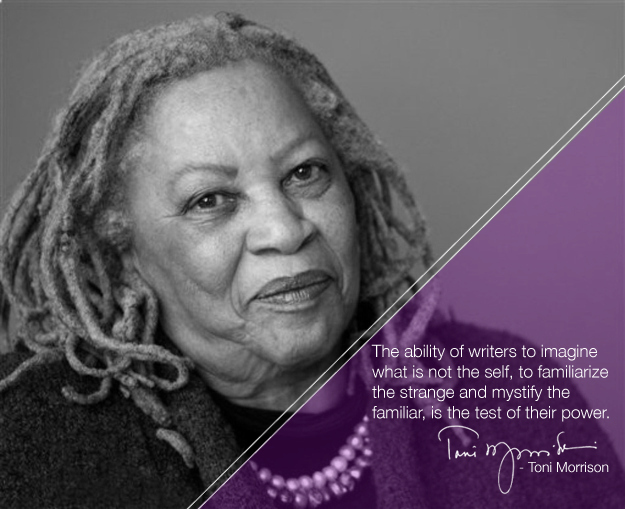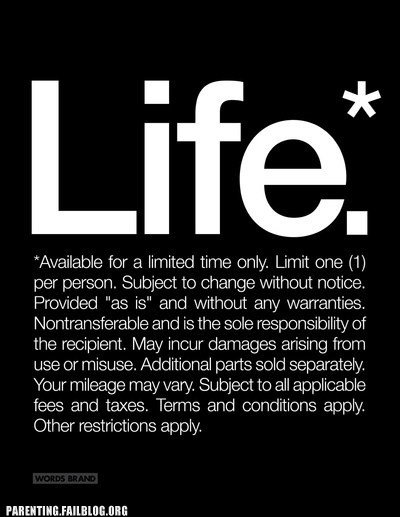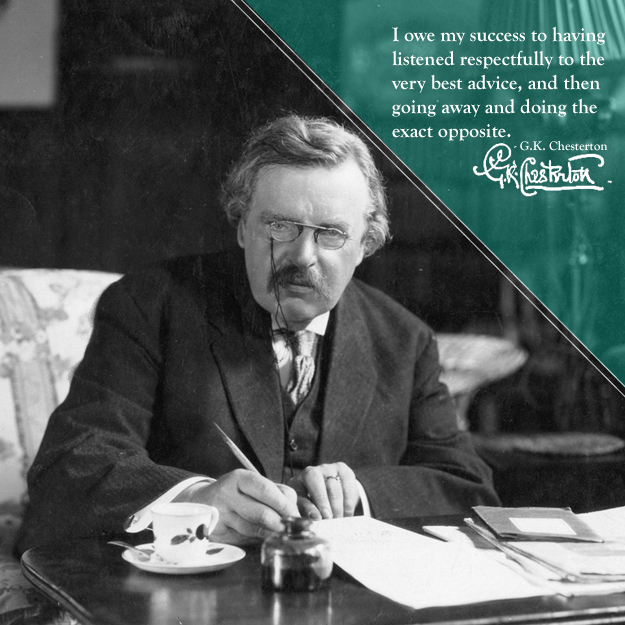
Google Analytics tells me that this blog is read by people all over the world. Hello, Egypt! Hello, Germany! Hello, Brasil!
Today I am going to focus on an issue central to life in the United States, so I beg forgiveness of those readers who don’t live here. I would, of course, love their opinions about this post, because I imagine their perspective on what I’m about to say would be fascinating.
Ready?
A lot of white people in the US don’t know they’re white. They think they just are, they think they are the default setting.
Am I talking about you? Might be. Are you white? Do you realize how relatively easy your life has been when compared to people from non-Caucasian backgrounds? Do you understand the phrase “white privilege?”
If the answer to that last question is “not sure or “no,” do yourself a favor and read this classic essay by Peggy McIntosh.
White people have had a whole lot of blood on their hands for the last four hundred years. It is not my intent to address that right now. I want to focus on storytelling. Specifically, white writers writing outside their (dominant) culture.
This brings up the larger question: whose story can you tell?
How should we write about people whose experience is different than ours? Is it appropriate to write from the perspective of a different gender, a different sexual orientation? What about religion? What about age? What about someone from a different ethnic background or culture or country?
I believe the answer is yes.
I believe that artists are called to be humble and lower their own sense of self so that they can be open to the experience of others and transform that into their art.
I believe that artists are called to lead the culture, not to wait until it’s safe to take a stand.
I’ve written from the male perspective (Twisted, Forge), from the African-American perspective during the American Revolution (Chains, Forge), and about children in different countries (a non-fiction book about Saudi Arabia, and my first picture book, Ndito Runs, about a Kenyan girl).
I was criticized by both white and black Americans for Chains and Forge, though not as much as I thought I’d be. The criticism from some white people has been along the lines of “Why do you have to write about that slavery stuff? That was over a long time ago. We’ll never move the country forward if people like you keep bringing it up.” The criticism from a few black people was that these are not my stories to tell.
The reason America struggles so much with the evil of racism is that we’ve never had the courage to study the history of our slavery and deal with its legacy. I’m the Queen Of The Elephant in the Room, folks. I’m going to keep on talking and writing about things that make us uncomfortable.
There is not much I can say to change the opinion of people who think that I shouldn’t write from a slave’s POV because I’m white. No doubt there is a long and painful history behind that opinion. White people have been stealing stories (and music, and dance, and etc.) for as long as we’ve been stealing peoples and nations. I respect that opinion, but I disagree with it. I thought and prayed a long time before I wrote those two books. I spoke to friends and educators of all backgrounds trying to figure out if and how I could write from the perspective of Colonial-era slaves.
I decided, in the end, that it was my story, too. Slavery is not only an African-American experience. Slavery is an American experience. If I, a middle class white female writer, with all the privileges that entails, could not find a way into the hearts and souls of Isabel and Curzon, then there could be no hope for my country. But to do the job well and responsibly, I had to research the topic like no one ever had before, and then have historians comb over my manuscript to make sure I got it right.
Researching the experiences of other people means checking your assumptions at the door. You need to seek out primary sources that were composed and controlled by the people you seek. You must study the broader world of your character so that when you come across “facts” you can analyze them within the context of their time and space, and with a critical view toward the source of the data. You have to be willing to approach people who know more than you do and ask for their guidance and help. And you must listen to them.
We read to understand people whose lives are different than our own. Some writers will feel called to write about people who are unlike themselves.
You can do it, but you must do it with humility, respect, and a lot more research than you realize.
There are two bloggers you simply must read if you are thinking about writing characters from non-white backgrounds. The first is Debbie Reese, who is tribally enrolled at Nambe Pueblo. A former professor in American Indian Studies, Debbie is currently working on a Master’s Degree in Library and Information Science with the goal of establishing a library and tribal archive at Nambe. Her wonderful blog, American Indians in Children’s Literature looks at the way Native Americans are portrayed and represented in children’s literature.
Debbie writes: “Though I am certain that no author ever sets out to deliberately misrepresent who we are in his or her writing, it happens over and over again. Information is the only way to counter those misrepresentations. On American Indians in Children’s Literature, I publish analyses of children’s books, lesson plans, films, and other items related to the topic of American Indians and/or how we this topic is taught in school. “
Her blog is a wealth of information. To start, check out “Authenticity and Sensitivity: Goals for writing and reviewing books with Native American themes,” which she wrote for School Library Journal.
Thank you, Debbie, for encouraging me to write about this topic today!
The other blogger is my friend and wonderful author, Mitali Perkins. You should be reading her blog anyway, if you want to publish for children. But her posts Ten Tips About Writing Race In Novels and her “writing race checklist” are very good tools.
Sci-fi and fantasy author Nisi Shawl has a great post, Transracial Writing for the Sincere. And the almighty and ever-amazing Cynthia Leitich Smith (yes, she of one of the best children’s literature websites out there) wrote an “It’s Complicated” post about writing outside your culture.
I suspect I’ll be writing more about this once WFMAD is over, but this is a good start to an important and complex topic. If you know of other websites or resources that would be helpful for folks looking to write outside their own experience, please let me know in the comments section.
Today’s Quote
“You just keep the words coming. No trick to it at all if the writing is in you. Nothing will come if you haven’t got the stuff. It comes natural or it doesn’t come at all. Everything comes; the people, the place, the story, and you just act like the fella feeding the corn shucker. Keep moving about and filling.”
William Faulkner
Today’s prompt: What kind of character would you feel completely unable to write about? Why? List five things that would start you on the path to understanding that character well enough to start writing.
Scribble…scribble…scribble…





